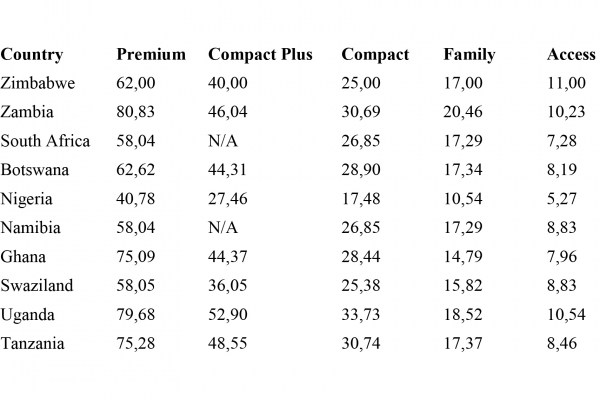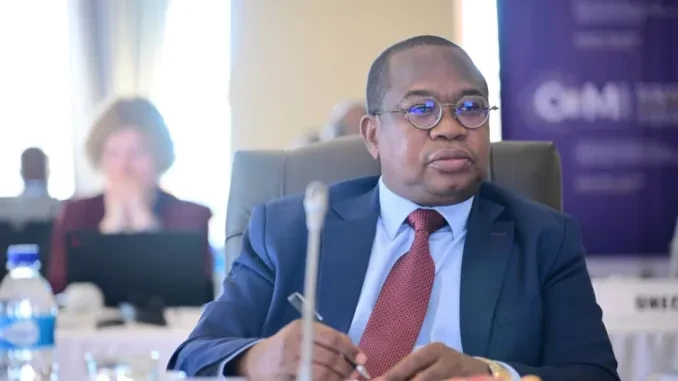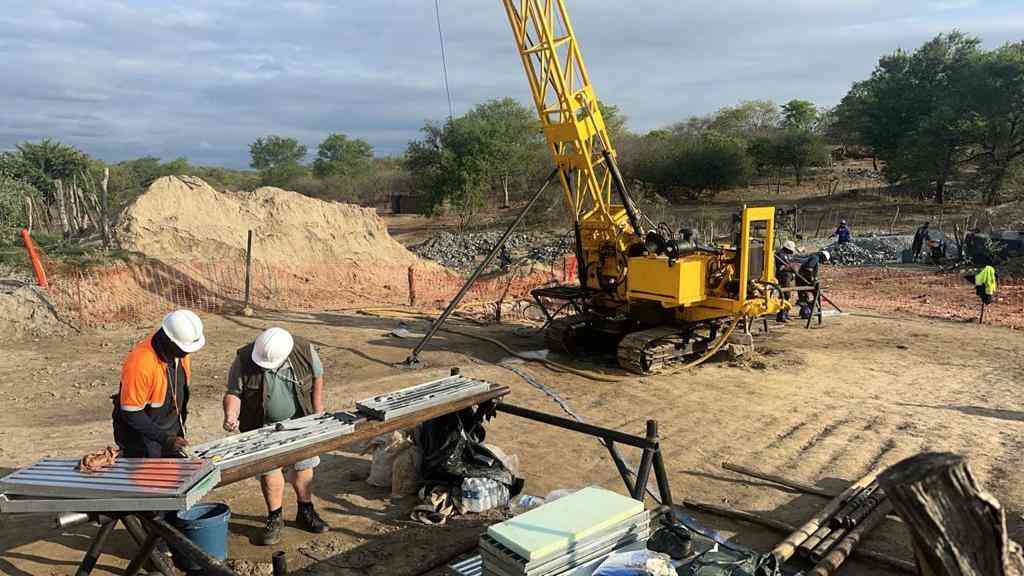
Recently, Multichoice Zimbabwe announced a price reduction on various DStv packages being offered in Zimbabwe as well as the introduction of DStv Lite, a $7 package in a bid, most people believe, was aimed at fending off the Kwese threat.
BY PEARSON MBENDERA
Before going further, however, it is key to note that it is not only in Zimbabwe where they are effecting these price reductions, but also in other regional countries like Botswana, where the Access package now goes for $8 from the previous $10,60.
Truth be told, the recent price reductions couldn’t have come at a better time, as the pay-television sector has been experiencing a lot of changes, with the introduction of Kwese TV having shaken the market, as well as the introduction of internet-based players like Netflix. In Zimbabwe, growth of Video on Demand services like the one TelOne intends to introduce soon, will also usher in a new dispensation to the television industry.
Zimbabweans have been crying that DStv has been so exorbitant in their pricing, and considering that there was no other satellite television service provider in the country; the subscribers had no alternative sources for entertainment except, paying for the hefty subscription fees or resort to using South African accounts in Zimbabwe, a move Multichoice has labelled as illegal.
But have you ever wondered how much DStv charges for its packages across Africa?
TechnoMag carried out a simple comparison of the DStv prices in various countries, as shown in a table above.
As you can see, Multichoice doesn’t employ a uniform pricing policy across its markets, a move that has seen Nigeria enjoying the lowest prices in Africa.
- Chamisa under fire over US$120K donation
- Mavhunga puts DeMbare into Chibuku quarterfinals
- Pension funds bet on Cabora Bassa oilfields
- Councils defy govt fire tender directive
Keep Reading
The difference in the Multichoice pricing policy across different markets has been a subject that attracted a lot of criticism and debate. But there are a lot of factors that affect a company’s pricing policy like operational costs, government regulations, the economy, the product life cycle stages, competition, demand for the product or service, preferences, competition and many other factors.
In Nigeria for example, there are a number of players in the Satellite TV market, over 10 of them, creating a tough competition for DStv that has seen its price packages even lower than South Africa, its home country.
With a population of around 190 million people, the Nigerian market also has quite the demand for satellite television, all factors that support favourable pricing, something that cannot be said of a market like Zimbabwe facing economic hardships. Despite having the cheapest DStv packages in Africa, Nigerians were even more elated when Telcom Satellite TV (TSTV) launched on October 1, 2017, putting further pressure on DStv that has been controlling the bigger portion of the pay TV market in the country.
They called DStv’s pricing as exploitative. You would wonder what a DStv premium subscriber in Zambia, paying twice as much as Nigerian counterparts would say about DStv’s pricing policies.
But simply comparing the prices of the various bouquets in each country may not necessarily give a clear picture as package compositions still differ from country to country, with other countries having more channels than the others. For example, the South Africa compact package has more channels than the Zimbabwean compact package, while in turn, the Zimbabwean compact package beats the Malawian package on number of channels.
Despite the price reductions in many countries, DStv packages are still expensive for an average African. But now with the competition created by the introduction of players like Kwese and TSTV in Nigeria, the prices should go down even further. —TechnoMag











